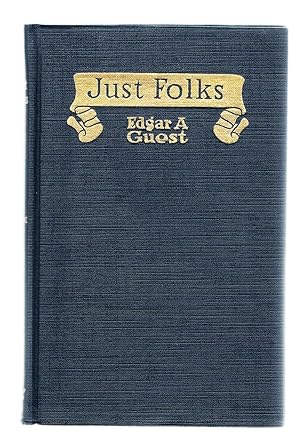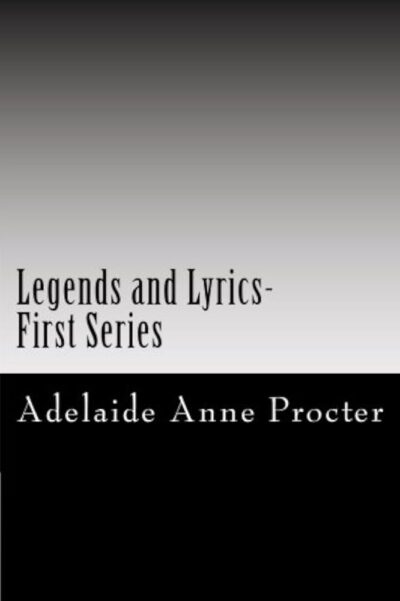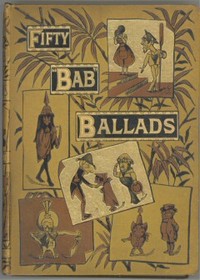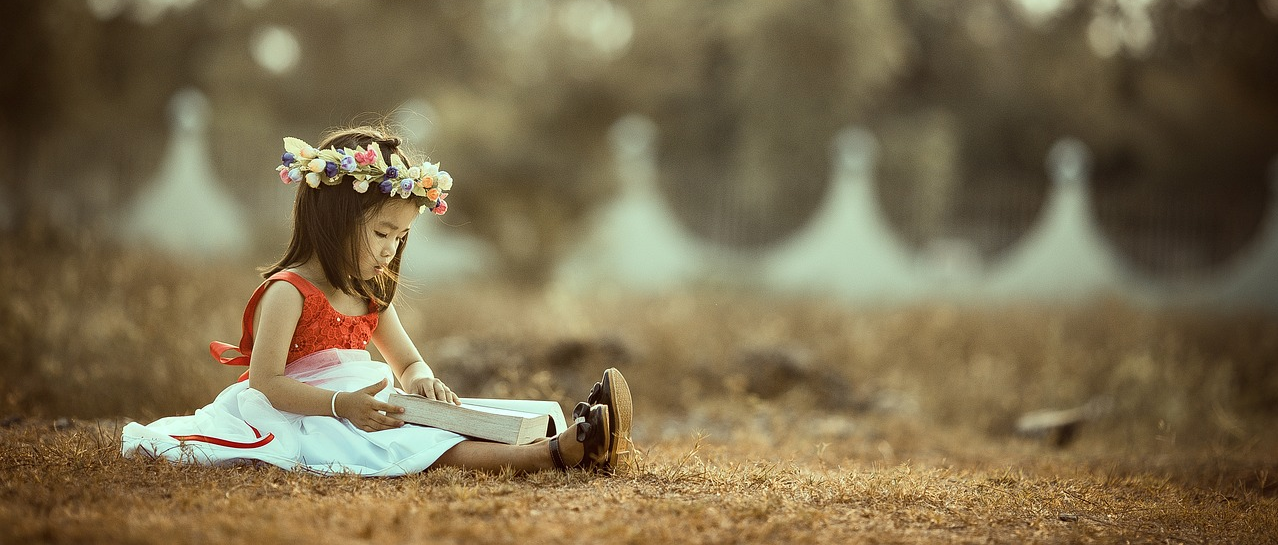44 Results in the "Non-Fiction" category
Biography & Memoir (416)
Business & Finance (25)
Children’s Fiction (4)
Education & Learning (4)
Fantasy (195)
Fiction (1979)
Health & Wellness (20)
Historical Fiction (362)
Horror (57)
Literary Fiction (456)
Novel (260)
Others (1)
Philosophy (58)
Poetry (160)
Politics & History (84)
posts (3)
Psychology (46)
Romance Novel (163)
Science & Technology (28)
Science Fiction (74)
Self-Help & Personal Development (99)
The Ultimate Book Lists (1)
Thriller / Mystery (528)
Travel & Adventure (2)
True Crime (53)
view (98)
Young Adult (95)
-
Chapter
Chapter 5
 Chapter 5 of The Art Thief provides an in-depth look into the evolving relationship between Breitwieser and Anne-Catherine, set against the backdrop of their shared love for art and their increasingly dangerous lifestyle. The couple, deeply entwined in both affection and crime, inhabit an attic decorated with Ferrari-red sheets on a grand four-poster bed, symbolizing their escape from the mundane. Their playful moments—captured on video by Breitwieser—are filled with warmth, with Anne-Catherine…
Chapter 5 of The Art Thief provides an in-depth look into the evolving relationship between Breitwieser and Anne-Catherine, set against the backdrop of their shared love for art and their increasingly dangerous lifestyle. The couple, deeply entwined in both affection and crime, inhabit an attic decorated with Ferrari-red sheets on a grand four-poster bed, symbolizing their escape from the mundane. Their playful moments—captured on video by Breitwieser—are filled with warmth, with Anne-Catherine…-
196.5 K • Ongoing
-
-
Chapter
Chapter 38
 In Chapter 38 of The Art Thief, the narrative takes a deep dive into the troubled life of Stéphane Breitwieser, now 44 years old, following his final prison sentence. Despite being freed, his life remains deeply entangled in the consequences of his past. With a criminal record that looms large and a bank account holding only five euros, Breitwieser finds himself trapped in financial instability. His mother provides the necessary support, covering his rent and sometimes offering food, while Stengel, his…
In Chapter 38 of The Art Thief, the narrative takes a deep dive into the troubled life of Stéphane Breitwieser, now 44 years old, following his final prison sentence. Despite being freed, his life remains deeply entangled in the consequences of his past. With a criminal record that looms large and a bank account holding only five euros, Breitwieser finds himself trapped in financial instability. His mother provides the necessary support, covering his rent and sometimes offering food, while Stengel, his…-
196.5 K • Ongoing
-
-
 Chapter 10 emphasizes the profound and often hidden impact of developmental trauma, underscoring how adverse childhood experiences shape not only a child's emotional development but also their physiological and psychological growth. These early maltreatments—be they physical, emotional, or neglectful—create lasting scars that affect brain structure and function. The consequences are far-reaching, as these children, unable to process their early-life experiences healthily, struggle with numerous…
Chapter 10 emphasizes the profound and often hidden impact of developmental trauma, underscoring how adverse childhood experiences shape not only a child's emotional development but also their physiological and psychological growth. These early maltreatments—be they physical, emotional, or neglectful—create lasting scars that affect brain structure and function. The consequences are far-reaching, as these children, unable to process their early-life experiences healthily, struggle with numerous…-
362.9 K • Ongoing
-
-
Chapter
Chapter 14: Dying Words
 In September 1925, Tom White intensified his investigation into the secrets that William K. Hale and his nephews were concealing, suspecting that Bill Smith, Mollie Burkhart’s brother-in-law, had discovered something that put his life in danger. Smith’s dying words hinted at the growing conspiracy surrounding Osage oil wealth, as he believed his mother-in-law, Lizzie, had been poisoned, possibly as part of a broader scheme to eliminate Osage landowners. Before he was killed in a house explosion, Smith…
In September 1925, Tom White intensified his investigation into the secrets that William K. Hale and his nephews were concealing, suspecting that Bill Smith, Mollie Burkhart’s brother-in-law, had discovered something that put his life in danger. Smith’s dying words hinted at the growing conspiracy surrounding Osage oil wealth, as he believed his mother-in-law, Lizzie, had been poisoned, possibly as part of a broader scheme to eliminate Osage landowners. Before he was killed in a house explosion, Smith…-
136.8 K • Ongoing
-
-
Chapter 19. In Putin, I recognized the same sort of men who once dominated Chicago’s political machine—smart and hardworking individuals who believed that their success was the result of both resilience and a deep understanding of their surroundings. These were men who had navigated difficult environments, mastered the art of negotiation, and learned how to manipulate circumstances in their favor. Their worldview was shaped by an unrelenting pragmatism, seeing politics as a continuous game of…
-
192.4 K • Ongoing
-
-
 In "Grass of Parnassus," Chapter 6 delves into a poignant reflection addressed to Rhodocleia, a figure immortalized within the Greek Anthology for her melancholy allure. She is forever intertwined with the essence of Rufinus, a lamented poet of ancient grace, whose affections for her transcend the mere boundaries of their era. The text embodies a profound dialogue, not merely with Rhodocleia but with the essence of grief and remembrance itself. She is depicted as dwelling in the shadows of her sorrows, her…
In "Grass of Parnassus," Chapter 6 delves into a poignant reflection addressed to Rhodocleia, a figure immortalized within the Greek Anthology for her melancholy allure. She is forever intertwined with the essence of Rufinus, a lamented poet of ancient grace, whose affections for her transcend the mere boundaries of their era. The text embodies a profound dialogue, not merely with Rhodocleia but with the essence of grief and remembrance itself. She is depicted as dwelling in the shadows of her sorrows, her…-
9.0 K • Ongoing
-
-
Chapter
The Scoffer
 In "The Scoffer," a reflective poem, the speaker initially imagines himself scoffing at historical figures like Benjamin Franklin and Robert Fulton during their times of innovation. He depicts a scene where, had he lived in Franklin's era, he would have mockingly observed Franklin experimenting with electricity by flying a kite in the rain, a key attached to its tail, dismissing him as insane. Similarly, the speaker admits he might have been among those ridiculing Fulton, doubting the feasibility of…
In "The Scoffer," a reflective poem, the speaker initially imagines himself scoffing at historical figures like Benjamin Franklin and Robert Fulton during their times of innovation. He depicts a scene where, had he lived in Franklin's era, he would have mockingly observed Franklin experimenting with electricity by flying a kite in the rain, a key attached to its tail, dismissing him as insane. Similarly, the speaker admits he might have been among those ridiculing Fulton, doubting the feasibility of…-
57.4 K • Ongoing
-
-
Chapter
VERSE: MY JOURNAL
 In the poem "My Journal," set against the backdrop of a dreary evening, the speaker delves into an ancient, dust-covered journal, its clasps worn and pages faded, to revisit the chronicles of bygone days lit by the blaze of charred logs. The poem unfolds as a journey through the past, where childhood dreams of glory captured on the fresh, early pages of the journal gradually give way to the realities of life's challenges and pains. The speaker recollects the naive ambitions and the inevitable…
In the poem "My Journal," set against the backdrop of a dreary evening, the speaker delves into an ancient, dust-covered journal, its clasps worn and pages faded, to revisit the chronicles of bygone days lit by the blaze of charred logs. The poem unfolds as a journey through the past, where childhood dreams of glory captured on the fresh, early pages of the journal gradually give way to the realities of life's challenges and pains. The speaker recollects the naive ambitions and the inevitable…-
49.7 K • Ongoing
-
-
 In the suburban outskirts, where the land was yet untamed, an unlikely duo wandered: an elderly ghost, embodying the essence of a bygone era, and an influential goblin, bursting with the vigor of youth and mischief. Their spectral and fantastical nature set them apart, one echoing the grandeur of tragic tales, the other a figure straight from a comedy's liveliest scenes. Amidst their stroll, aimed at aiding digestion with light exercise, they stumbled upon a debate that would stir the tranquil air: which…
In the suburban outskirts, where the land was yet untamed, an unlikely duo wandered: an elderly ghost, embodying the essence of a bygone era, and an influential goblin, bursting with the vigor of youth and mischief. Their spectral and fantastical nature set them apart, one echoing the grandeur of tragic tales, the other a figure straight from a comedy's liveliest scenes. Amidst their stroll, aimed at aiding digestion with light exercise, they stumbled upon a debate that would stir the tranquil air: which…-
67.2 K • Ongoing
-
-
Chapter
Lazarus
 In "Lazarus," the poem delves into the complex emotions and philosophical inquiries stirred by Lazarus's return from the dead. Mary and Martha, Lazarus's sisters, grapple with their brother's resurrection, experiencing a maelstrom of confusion, fear, and longing for understanding. Martha, feeling as though their brother remains distant even in presence, express her anguish and frustration to Mary, urging her to bridge the emotional gap Lazarus's resurrection has imposed. Meanwhile, Mary confronts the…
In "Lazarus," the poem delves into the complex emotions and philosophical inquiries stirred by Lazarus's return from the dead. Mary and Martha, Lazarus's sisters, grapple with their brother's resurrection, experiencing a maelstrom of confusion, fear, and longing for understanding. Martha, feeling as though their brother remains distant even in presence, express her anguish and frustration to Mary, urging her to bridge the emotional gap Lazarus's resurrection has imposed. Meanwhile, Mary confronts the…-
29.4 K • Ongoing
-
- Previous 1 … 87 88 89 … 97 Next

